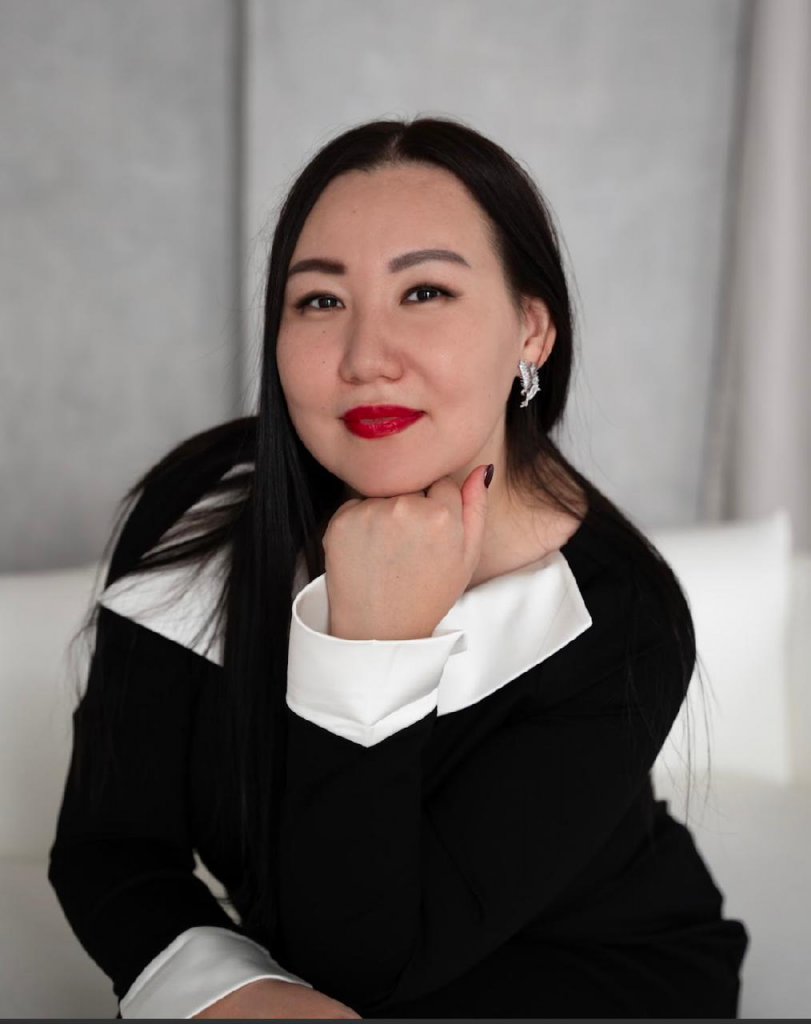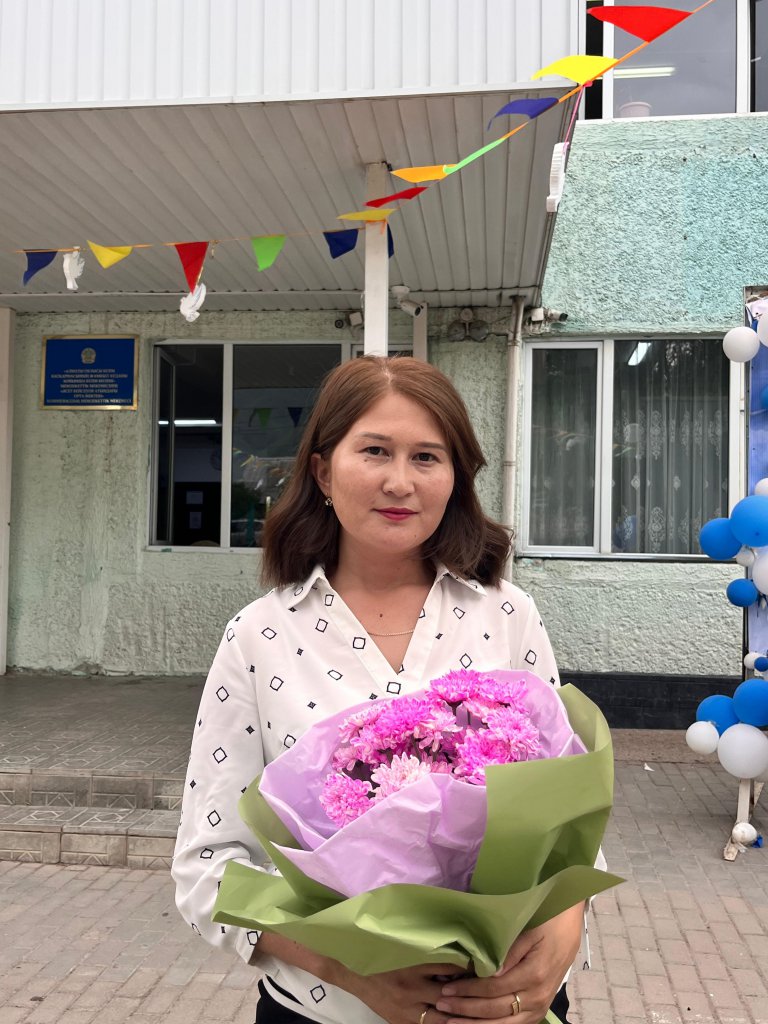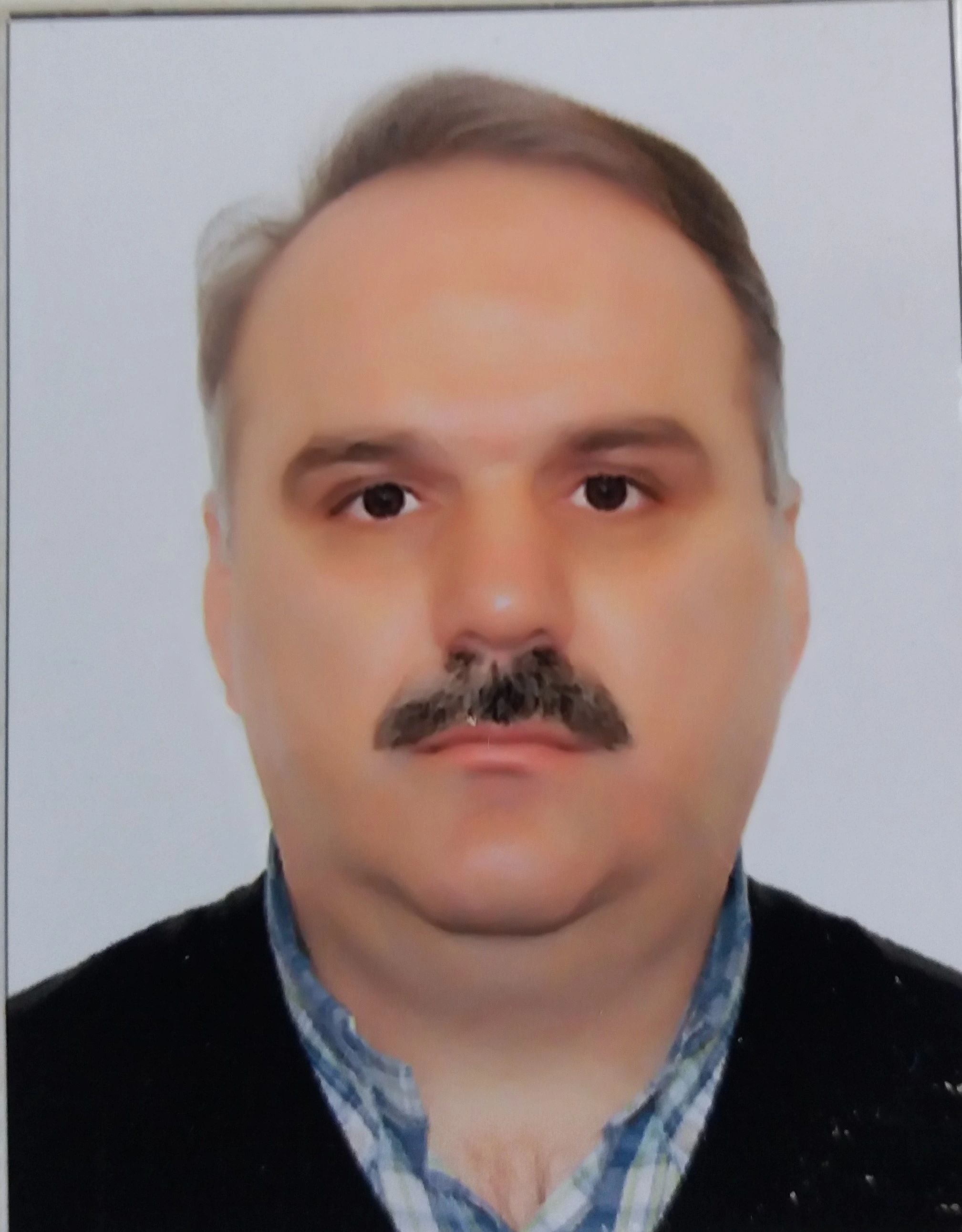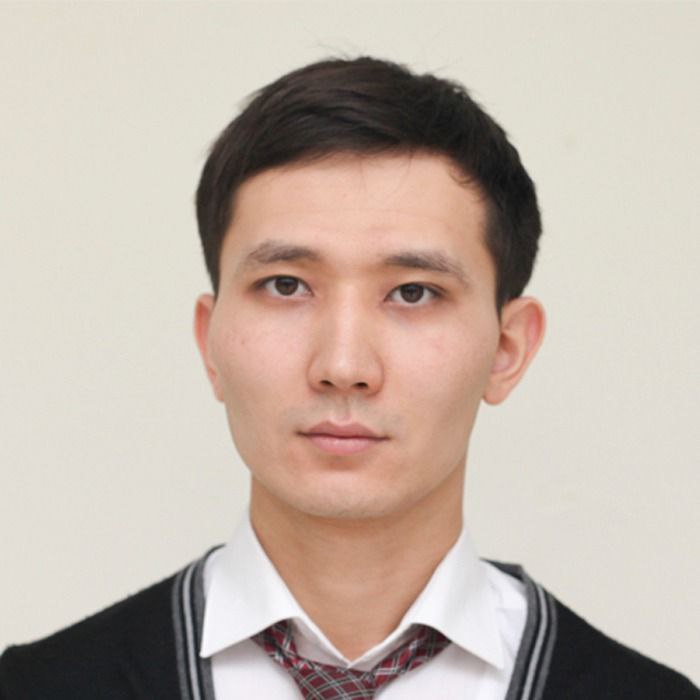- Data Analytics for Research Management
-
The digital competence of a teacher:
definition, development -
Tactics of using interactive methods
in teaching -
Developing the competencies of a
modern English language teacher - School-based scientific research
-
Implementing an Innovative Vision:
Transformation of the School -
From Myth to Reality: Can Teachers
Develop Their Original Curriculum/Program? -
STEM Integration: Systematic
Development of Teacher Competencies
This program is designed for research managers and analysts who want to use modern data analysis tools to improve the effectiveness of scientific activities. The course focuses on developing digital and analytical literacy and practical skills in working with Excel, Python, and AI.
Course Author

Kairat Moldashev
- Associate Professor at SDU University
- Member of the Science and Technology
- Council under the President of the Republic of Kazakhstan
- Researcher in higher education and science policy
- Has experience as a provost and vice-rector for research at foreign and Kazakhstani universities
- Teaches courses on research methods and data analytics
- Author of publications in science and higher education
Target Audience
Vice-rectors for research, heads of research departments, R&D analysts, and experts in scientometrics
Objective
– To improve the level of digital and analytical literacy
– To master tools for scientific data analysis (Excel, Python, AI)
– To develop skills in critically interpreting publications and scientometric data
– To create analytical reports for strategic science management
Expected Outcome
– Mastery of the basics of scientific analytics and digital tools
– Ability to collect, process, and visualise data on scientific activities
– Skills in critically interpreting metrics and identifying weaknesses in science development strategies
– Completion of an analytical project using data from the participant’s organisation
The program is aimed at the digitalization of the educational process by educators in educational institutions using online platforms, increasing the interest and activity of Generation Z and Alpha students in academic subjects, as well as organizing educational-methodical and scientific-research work through digital technologies.
Course author

Gulzhayna Nurmanova
- SDU University PhD graduate
- Author of scientific and methodological works: 1 school textbook, 1 methodological guide, 5 educational tools for the university, 3 workbooks, and 15 scientific articles.
- Since 2014, has been lecturing on the subjects “Using ICT in Language Education,” “Digital Technologies in Education,” and “Digital Literacy in Science and Education” at SDU University
Who is it for?
For educators of educational institutions
Objective
– Increasing digital literacy in the teaching process
– Saving time with the help of artificial intelligence
– Planning the curriculum through online platforms and apps
Expected outcomes
– Ability to utilize the capabilities of modern ICT
– Full mastery of artificial intelligence
– Obtaining a certification valid for accreditation, approved by the Ministry of Education and Science of the Republic of Kazakhstan
The program is designed to enhance the qualifications and competencies of educators in educational institutions. It aims to develop skills for conducting independent pedagogical research and experiments.
Course author

Shattygul Yerkhozhina
- Professor at the Faculty of Education and Humanities, SDU University
- Candidate of Pedagogical Sciences
- Author of Kazakh language textbooks
- Author of several scientific articles on teaching methodology
Who is it for?
For educators of educational institutions
Objective
– To organize the learning process based on an interactive approach
– To teach effective tactics for increasing student engagement
– To train systematic pedagogical methodologies
Expected outcomes
– Ability to use modern teaching methods
– Mastery of strategies to enhance student interest
– Acquisition of a certificate approved for attestation by the Ministry of Education of Kazakhstan
The program aims to enhance the qualifications and competencies of English language teachers by introducing them to modern teaching methods and approaches, as well as through the application of modern technologies in education.
Course author

Dmitry Cherkasov
- Master’s degree holder from Pennsylvania State University, USA
- Certified with IELTS 8.0 and CELTA (Pass B)

Arman Arginbayev
- Senior lecturer at the Faculty of Education and Humanities, SDU University, trainer-instructor
- Master’s degree in Education specializing in “Foreign Language: Two Foreign Languages”
- British Council online facilitator
- Holder of the TKT (Module 3) certificate
- Winner of the trilingualism olympiad among teachers in Almaty city

Adilzhan Anay
- Senior lecturer at the Faculty of Education and Humanities, SDU University
- Specialist in English philology, methodologist, and edupreneur
- Educator and translator with 20 years of experience
Who is it for?
For educators of educational institutions
Objective
– To enhance the qualifications of specialists teaching foreign languages
– To teach how to systematize lesson plans in line with defined goals
– To provide methods and approaches aimed at improving students’ language proficiency
Expected outcomes
– Ability to develop lesson plans for teaching foreign languages in compliance with requirements
– Increased motivation among students to learn languages
– Acquisition of a certificate meeting the attestation standards approved by the Ministry of Education of Kazakhstan
The program is designed to improve the qualifications and competencies of educators in educational institutions. It focuses on developing skills for conducting independent scientific research, presenting their results, and sharing the final work with a wider audience.
Course Author

Akerke Esenbekova
- Head of the Continuing Education Department at SDU Extension School
- Master of Multilingual Education from Nazarbayev University
- Author of international-level articles on linguistic communication
- Researcher in a specialized scientific project on CLIL at Nazarbayev University
Who is it for?
Objective
Expected outcomes
This program aims to enhance the professional development of secondary school principals and administrators by introducing educational innovations in managing teaching staff and creating a comfortable learning environment for students.
Course Author

Aida Chemerbayeva
- Owner of an International “Bolashak” scholarship;
- Master’s degree holder from the University of Illinois at Urbana-Champaign (USA);
- Leader and administrator in the secondary education;
- Chief specialist (methodologist) at SDU Extension School;
- Lecturer at the Faculty of Pedagogy and Humanities at SDU University.

Aizhan Ashimova
- Graduate of the MA in TESOL program at Kimep University;
- Researcher and author of the book on “Brain Drain” and linguistic identity;
- Trainer in the LLM’s in Teacher Training program.
Target Audience
Secondary school principals and assistant principles of schools.
Objective
- Foster innovative thinking among educational institution leaders;
- Teach methods for analyzing and evaluating current educational processes to identify areas for improvement;
- Enhance competencies in digital transformation and the integration of new technologies in school management.
Expected Outcome
- will develop practical skills in designing and implementing innovative projects within their educational institutions;
- will enhance digital literacy and management competencies;
- will become active members of a leadership community driving educational innovations;
- will be able to receive a certificate approved by the Ministry of Enlightenment of the Republic of Kazakhstan.
This program is designed to equip teachers with the skills to develop original educational programs in compliance with the requirements of the Ministry of Enlightenment of the Republic of Kazakhstan, as well as the standards set by school’s/district’s/city’s methodological councils.
Course Author

Fariza Mukhatova
- Master’s degree from Kazakh National Women’s Teacher Training University;
- Completed an internship in Turkey under the “Bolashak” program;
- PhD candidate at SDU University;
- English teacher and teacher-researcher at A. Beiseuov Secondary School since 2013.
Target Audience
Secondary School educators
Objectives
- Enhance the skills of school, gymnasium, lyceum, and college teachers in designing original educational curriculum/program;
- Guide the creation of high-quality programs with effective integration of online platforms in teaching and methodological work.
Expected Outcomes
- will gain proficiency in developing original curricula/program aligned with educational standards;
- will learn to apply new methods and digital platforms in curriculum/program design;
- will develop analytical, critical, and creative thinking in curriculum/program development;
- will be able to receive a certificate approved by the Ministry of Enlightenment of the Republic of Kazakhstan.
The program is developed in accordance with international education standards and national education reforms. It aims to enhance teachers’ linguistic and professional competencies in teaching STEM subjects and to prepare students for a multilingual labor market.
Course Authors

Satylmysh Yilmaz
- Graduate of Marmara University (Istanbul), PhD holder from Abai National Pedagogical University (Almaty);
- Academic rank: Associate Professor;
- Research areas: STEM education, Chemistry teaching methodology, Teacher education, Science education, Interdisciplinary studies;
- Author of 2 university-level textbooks, 7 international publications, and over 25 national scientific articles;
- Teaching since 2006 at SDU University.

Aigul Dauletkulova
- Graduate of Kazakh National Women’s Teacher Training University, Candidate of Pedagogical Sciences;
- Academic rank: Associate Professor;
- Research areas: STEM education, Didactics of mathematics, Pedagogical research;
- Author of 4 international articles, more than 40 scientific publications, monographs, and teaching aids;
- Teaching since 2020 at SDU University.

Nurbol Aidarbayev
- Graduate of Brunel University, London, UK;
- Author of 3 bilingual school textbooks on Informatics, 2 methodological manuals, and 2 international scientific articles;
- Teaching since 2023 at SDU University.

Ardak Artykbayeva
- Graduate of SDU University;
Author of 2 methodological manuals on First Lego League (FLL) and FTC competitions; - Teaching since 2024 at SDU University in disciplines such as “Introduction to Programming Languages”, “STEM Education and Robotics”, and “Algorithms and Competitive Programming”
Target Audience
Teachers of secondary education
Objective
- To teach integrated STEM teaching methods and develop practical teaching skills;
- To prepare teachers to become STEM leaders in their schools.
Expected Outcomes
- will acquire skills in teaching robotics in schools and other educational settings;
- will gain the ability to train and prepare students for robotics competitions such as FIRST Tech Challenge and FIRST Lego League;
- will learn applying effective interdisciplinary STEM teaching methods;
- will be able to receive a certificate approved by the Ministry of Enlightenment of the Republic of Kazakhstan




 1 ұпай:
1 ұпай:




